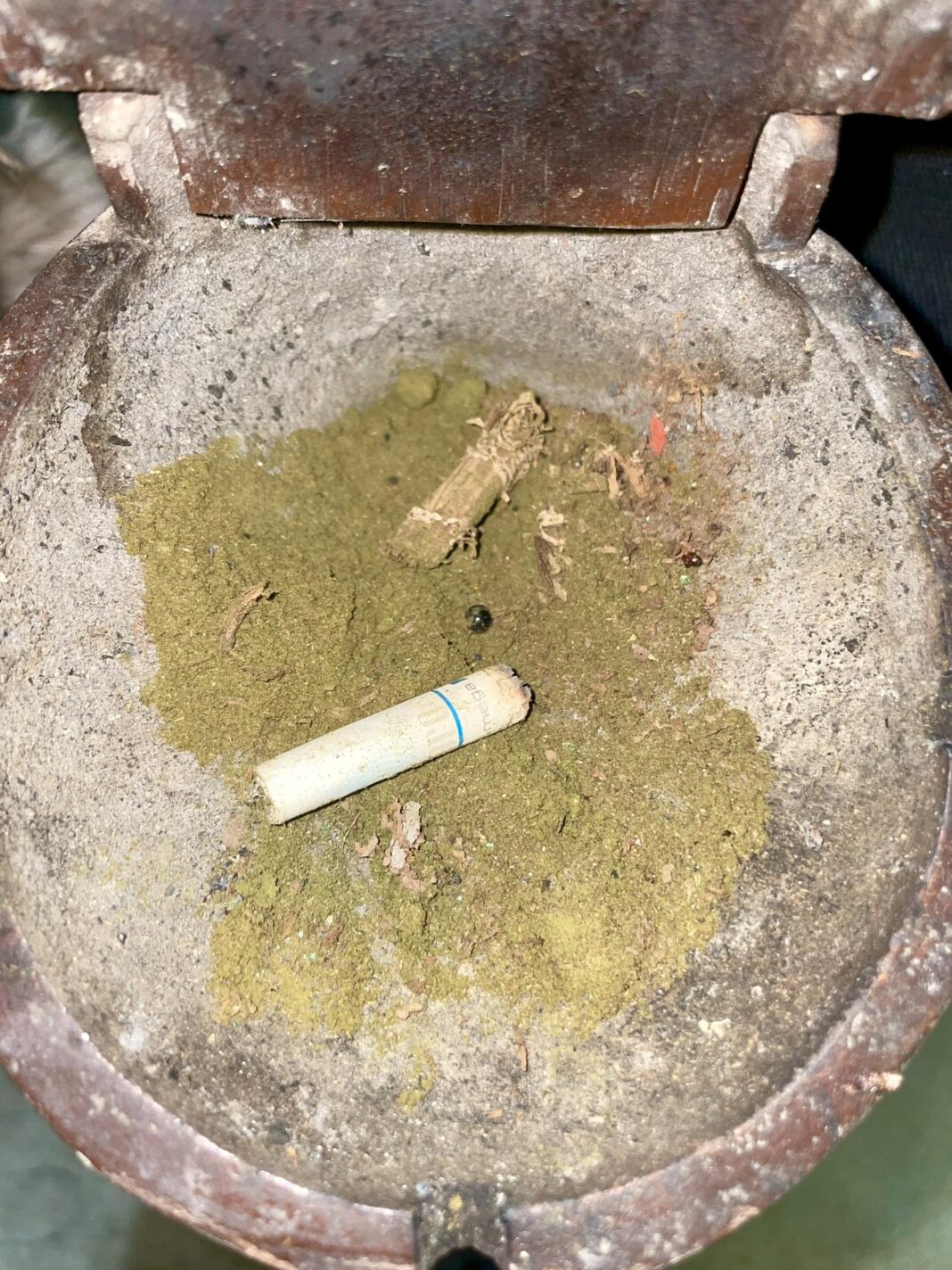Philippine delegation served tobacco company interests with ‘delaying tactics’, says doctors’ group
MANILA, Philippines — For the second Conference of Parties (COP) in a row, the Philippines delegation was cited for promoting tobacco industry interests after it caused substantial delays in proceedings, which a doctors’ group slammed as proof of the government’s subservience to the industry.
According to observers present at the COP 10 to the World Health Organization’s Framework Convention on Tobacco Control (FCTC), only a fourth of the Philippine delegation were clearly pro-health. The remaining members often questioned expert groups and committees and caused a delay of up to three hours in the official proceedings, which ensured no substantial resolutions and improvements to the treaty.
“History is repeating itself before our eyes. That the Philippine delegation once again parrotted the narratives of the tobacco industry and derailed what should have been a public health event should tell us all we need to know. Big business prevailed over public health today,” public health reform advocate and former DOH special adviser Tony Leachon said, adding that such actions only benefit the tobacco companies seeking to sell more addictive, harmful products.
“Our representatives promoted viewpoints and changes in key decisions at the COP which would weakened regulations for harmful tobacco and nicotine products, and the calls of civil society fell on deaf ears. The award is proof that the industry has tricked our representatives into believing that vapes and heated tobacco are effective alternatives to smoking. These are harmful, addictive products that are risking our youth and therefore our future.”
At the conference in Panama from February 5 to 10 the Philippine side promoted a “tailored” and “multi-sectoral approach” in implementing FCTC, never mentioning the huge rise in e-cigarette use among youth. According to the latest Global Youth Tobacco Survey, 14% of Filipino adolescents aged 13-15 years currently use e-cigarettes, while 24.6% had ever used e-cigarettes, more than double the percentage recorded in 2015.
A coalition of over 300 groups from 100 countries advocating for tobacco control, the Framework Convention Alliance awards “dirty ashtray” recognition to “parties acting on behalf of big tobacco and other bad behavior.” At the COP 9 in 2021, the Philippines received the most dirty ashtray recognitions for demanding amendments “with unhelpful and often confusing wording,” effectively obstructing the conference. It was also cited for using COVID-19 to “ignore” the WHO FCTC. At the time, the Departments of Health and Foreign Affairs, who were among the country’s representatives at COP 9, failed to come to a consensus about electronic tobacco products.
Riz Gonzalez, chair of the Philippine Pediatric Society Tobacco and Nicotine Control Advocacy Group called for accuracy and transparency when communicating with the public about the tobacco epidemic.
“Drops in smoking prevalence are a result of sin tax law reforms. To frame this as a victory of the Vape Law is yet another layer of disinformation. These displays before the international community are a painful reminder that our children’s health is being traded for economic gain.
Moreover, the public deserves to know who in the delegation is pushing the agenda of tobacco companies and why. We cannot allow the tobacco industry to dictate public health policy through our government representatives. The Filipino people deserve better.” she said.







